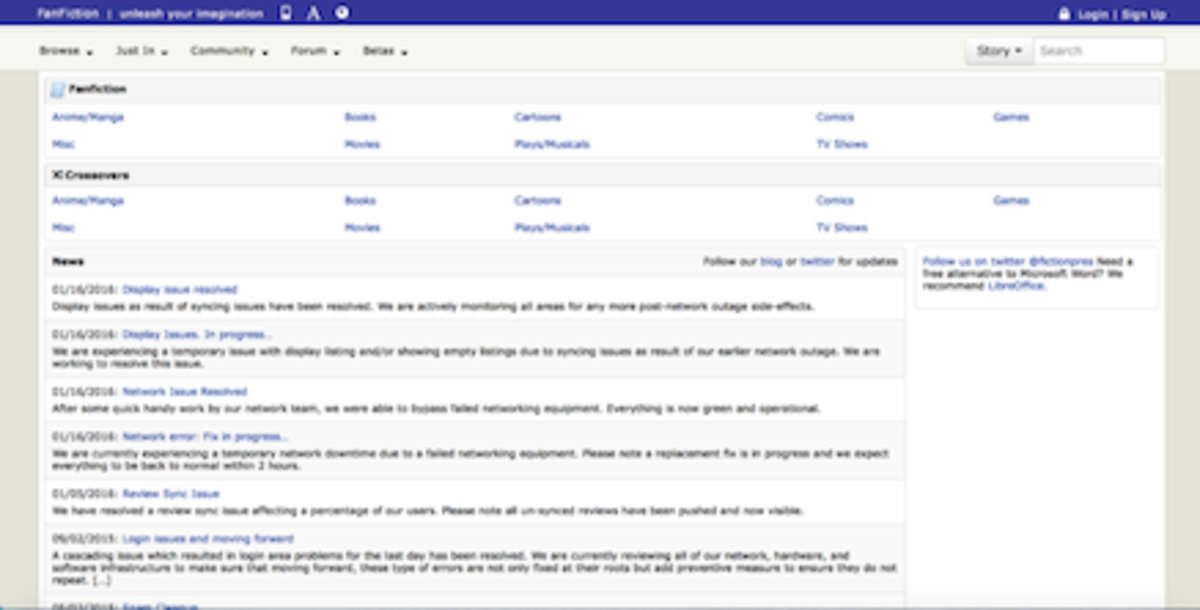How To Protect Different Types Of Intellectual Property

There are a lot of different types of intellectual property that need to be protected. Because of this there are a few different ways that you can protect your intellectual property. However, you must remember that you can only use one method for each type of that you might have. It is important for you to make sure that you can find the safest form of protection for your property. It might be a good idea for you to seek the help of a lawyer. There is no doubt that protecting your intellectual property might become a little confusing. It is possible to protect your property through the use of trade secrets, trademarks, patents and copyrights.
Protecting Your Intellectual Property through Copyright
Although protecting property through the use of copyright laws has become quite popular, you have to take into consideration the fact that copyright laws are only designed to protect certain forms of intellectual property. A copyright is designed to stop other people from profiting from your work and claiming your work. In addition, someone has to get permission from you if they wish to use your work in any way.
There is no complicated process in order to get a copyright. In fact, you only have to get the specific form for your intellectual property and send it to the Federal Copyright Office. However, you have to make sure that you include the filing fee when you file. Different types of properties will have different forms.
Protecting Your Intellectual Property through Patents
There are different types of patents that can be used to protect your intellectual property. Patents are designed to keep other men and women from using or making your intellectual property. It also keeps men and women from offering your property for sale or actually selling that item. Although patents are a great way to protect some types of intellectual property, it is not the preferable option for every type of property. A lawyer can help you figure out what type of patent would be best for your property.
Patents are normally more detailed than a copyright. In addition, you cannot obtain a patent for your property by simply filing a notification. You will have to send in an application. You might need a lawyer to help you go through the complicated application process that is normally associated with a patent. A fee must also be included. Although the fee for a patent is normally higher than a fee for a copyright, you will be able to have more protection options in the event that infringement of your property happens.
Protecting Intellectual Property through Trade Secrets
Trade secrets are even more complicated than patents and it can either help you or harm you. Trade secrets involve various steps that are taken to protect information about your intellectual property. Using laws that revolve around trade secrets can give you the right to sue anyone that has leaked information pertaining to your property. However, you have to make sure that you will win the case once you decide to sue that person.
Intellectual property only qualifies as trade secrets under very specific circumstances. A lawyer will be needed to help you find out if you qualify. Anyone who might be able to leak your information should also have nondisclosure agreements and noncompeting agreements.





